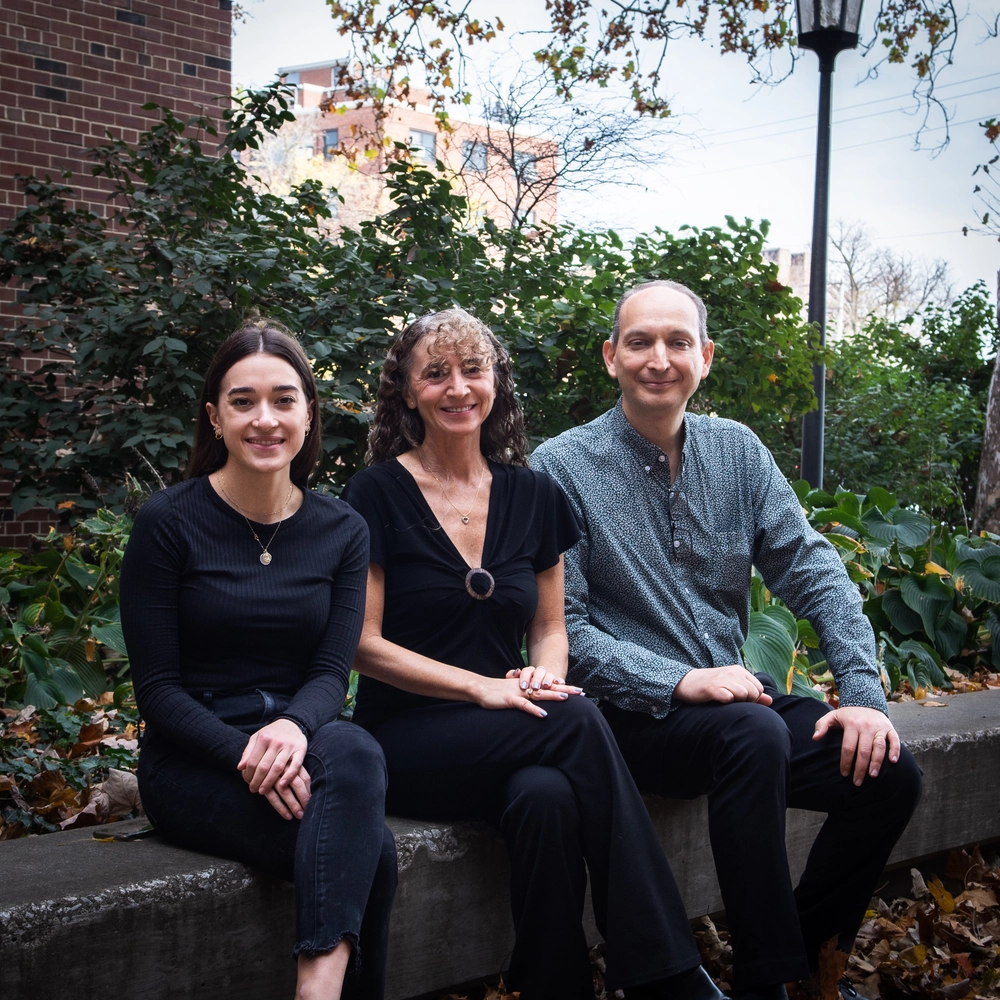
Although researchers have learned much about SARS-CoV-2, the vast array of unexplained symptoms associated with acute and post-acute ("long") COVID-19 warrants the search for additional biochemical pathways involved.
On the basis of amino-acid sequence analyses and computational approaches, it has recently been suggested that nicotinic acetylcholine receptors (AChRs) may act as additional SARS-CoV-2 plasma membrane receptors through the binding of the virus' spike protein to a site that overlaps with the orthosteric, ACh-binding sites.
A new study from the Grosman Lab at the University of Illinois concludes that the mutually exclusive binding of SARS-CoV-2 and cholinergic ligands to the human α7-AChR is unlikely to be a relevant aspect of this complex disease.
The paper, "An experimental test of the nicotinic hypothesis of COVID-19," was published in the Proceedings of the National Academy of Sciences. The authors included Nicole Godellas, PhD student in the Department of Molecular & Integrative Physiology; Gisela Cymes, Research Scientist in the Department of Molecular & Integrative Physiology; and Claudio Grosman, professor and head of the Department of Molecular & Integrative Physiology.

